Hoff Lu Fellowship
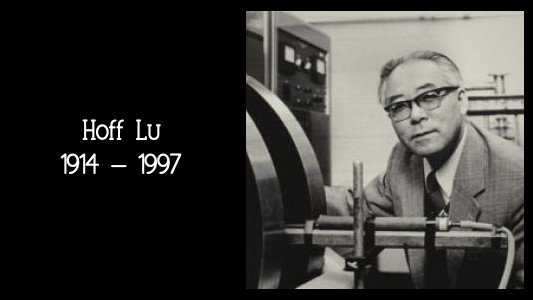
A fellowship for graduate students created by Mike and Lester Lu. This fellowship was endowed in honor of their father, the late Hoff Lu (Ph.D. 1941). Lu was a distinguished alumnus of the University, working in Al Nier's laboratory during the period when the Professor completed his famous work on U235 and U238. Hoff Lu is known as the father of theoretical nuclear physics in China.
2023 Lu Fellowship Recipient

Yi Huang
Yi is originally from Guangdong China. His research area is in condensed matter theory, mostly focusing on disorder physics, in collaboration with experimentalists.
2022 Lu Fellowship Recipient
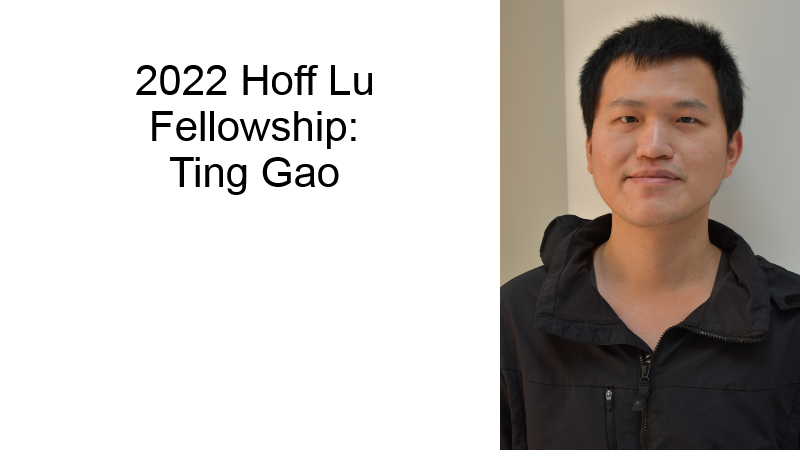
Ting Gao
Ting is originally from China. "I will use the fellowship to pay living expenses, as well as support my research.on high energy phenomenology. My research focuses on physics within and beyond the Standard Model, with a particular interest in CP violation and electric dipole moments."
2021 Lu Fellowship Recipient
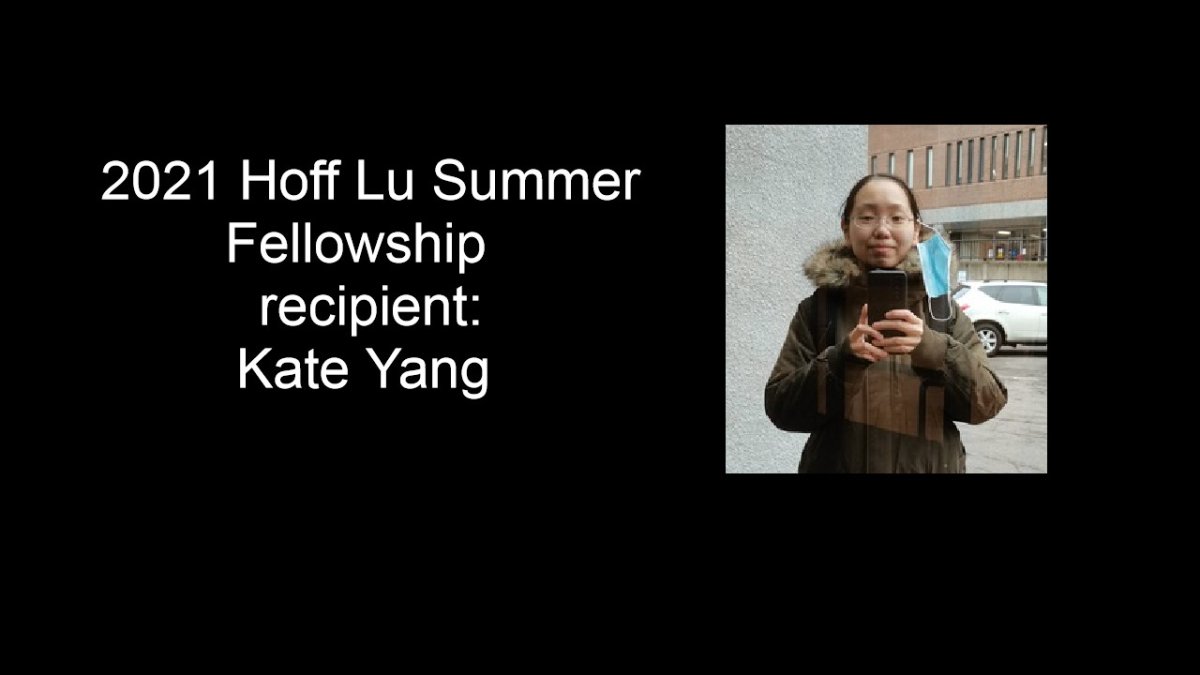
Kate Yang
2020 Lu Fellowship Recipient
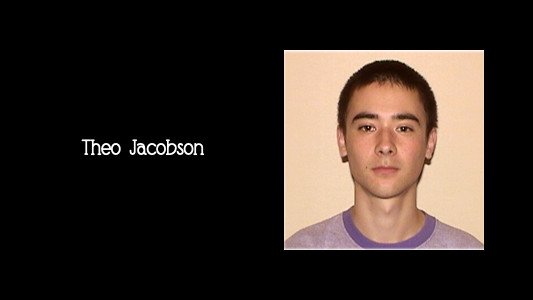
Theo Jacobson
Theo is from San Diego, CA. The fellowship will fund his research during the summer of 2020 on the behavior of strongly-coupled quantum field theories. In particular, he is interested in theories relevant to nuclear physics which exhibit non-perturbative features similar to quantum chromodynamics.
2019 Lu Fellowship Recipient
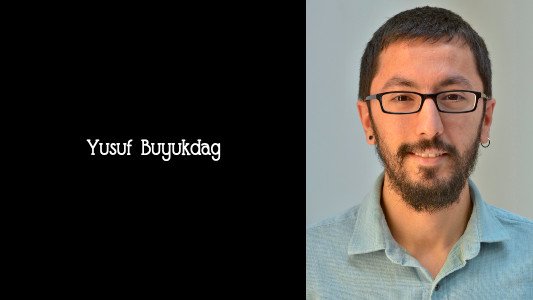
Yusuf Buyukdag
Yusuf is from Turkey. He plans to use the fellowship to focus on two different research projects. It will give him the opportunity to publish the results of those projects by the end of fellowship duration. His research is on the theoretical side of the “Beyond Standard Model” topics. This includes dark matter, supersymmetry, extra dimensions from the AdS/CFT correspondence perspective and partial compositeness.